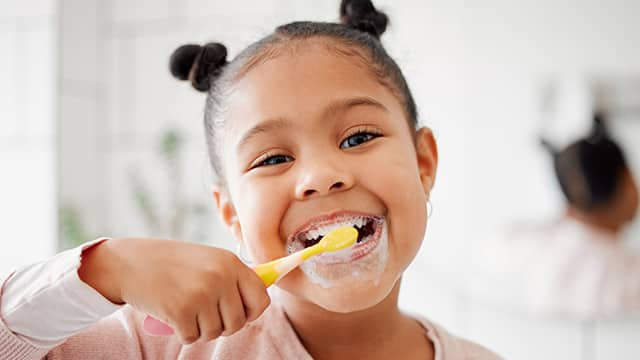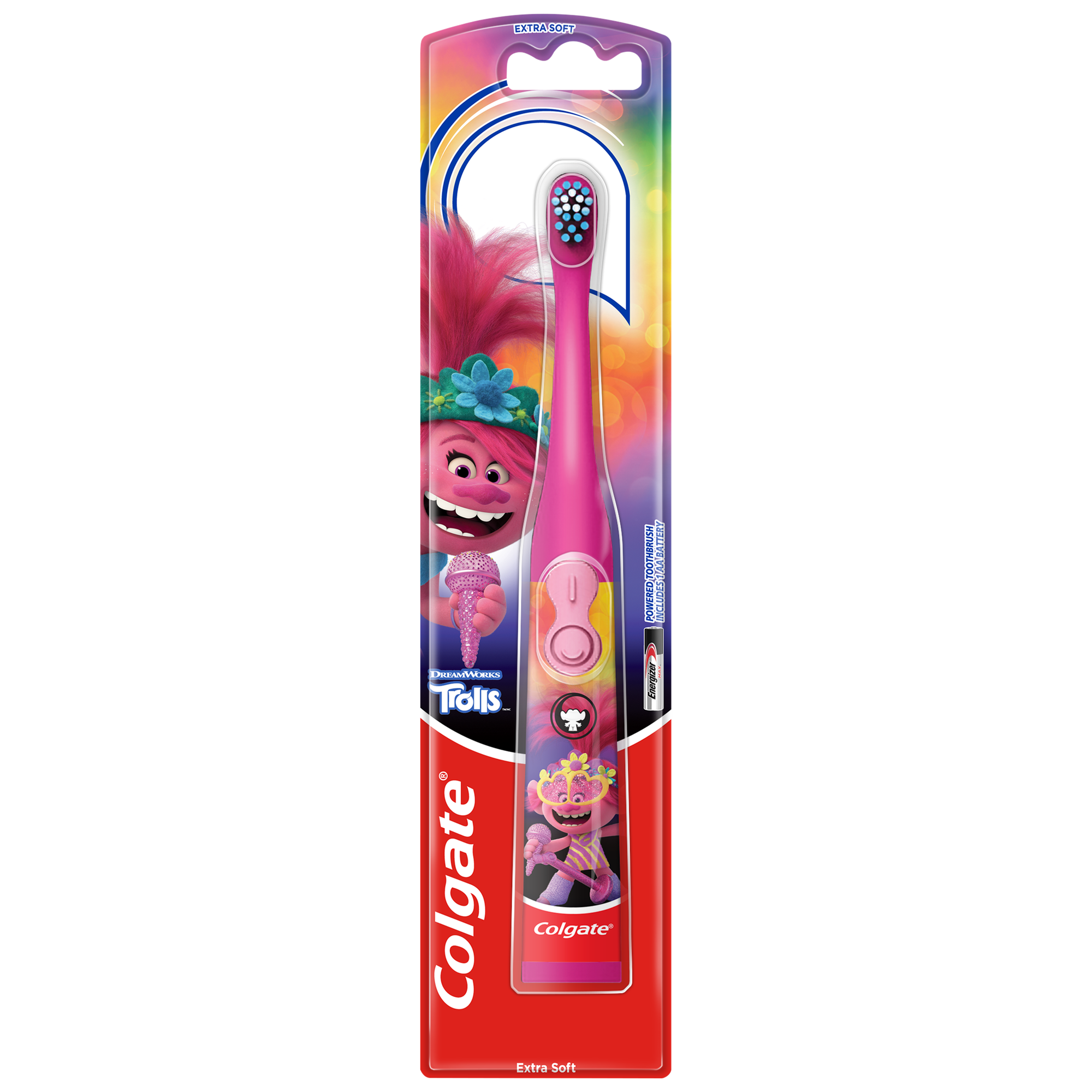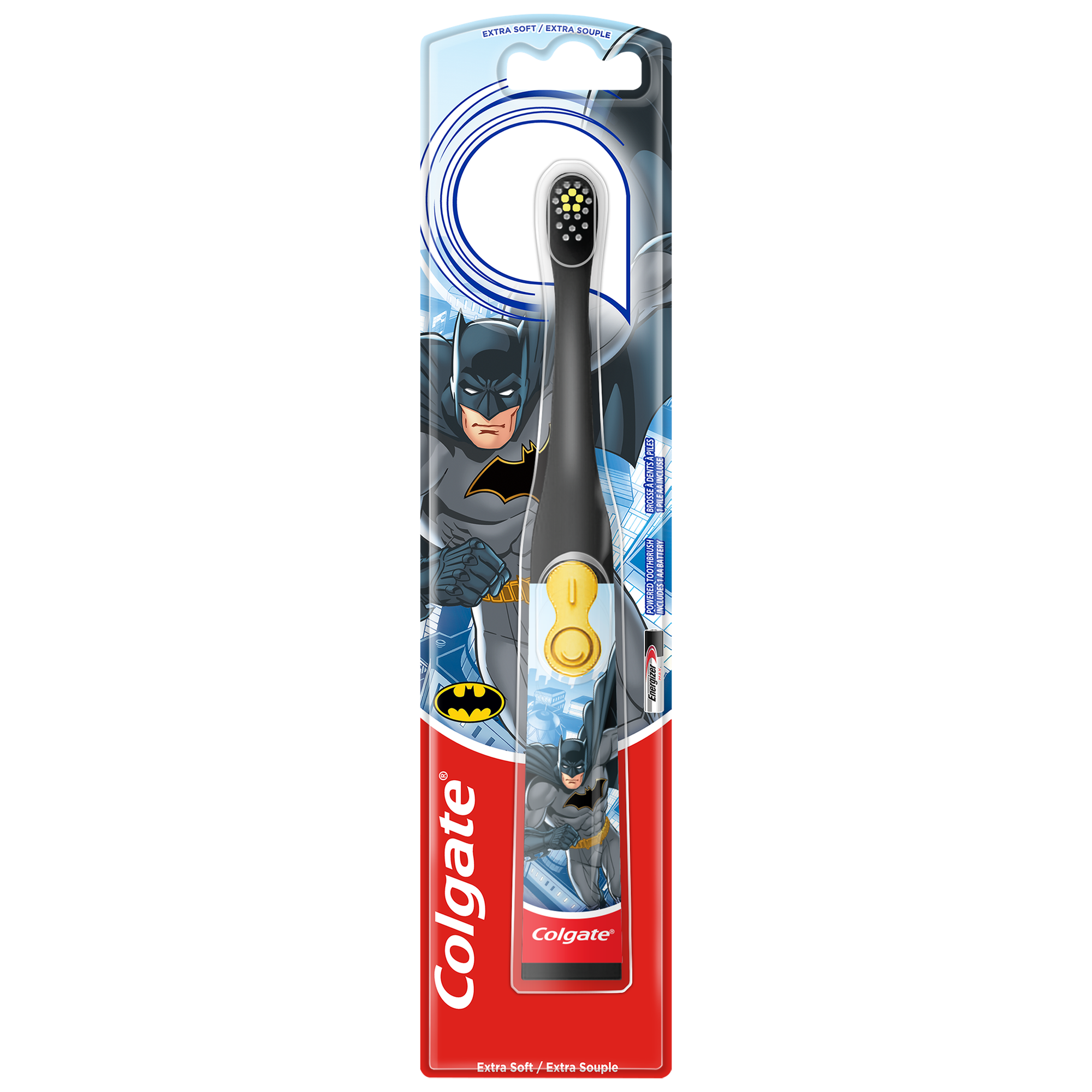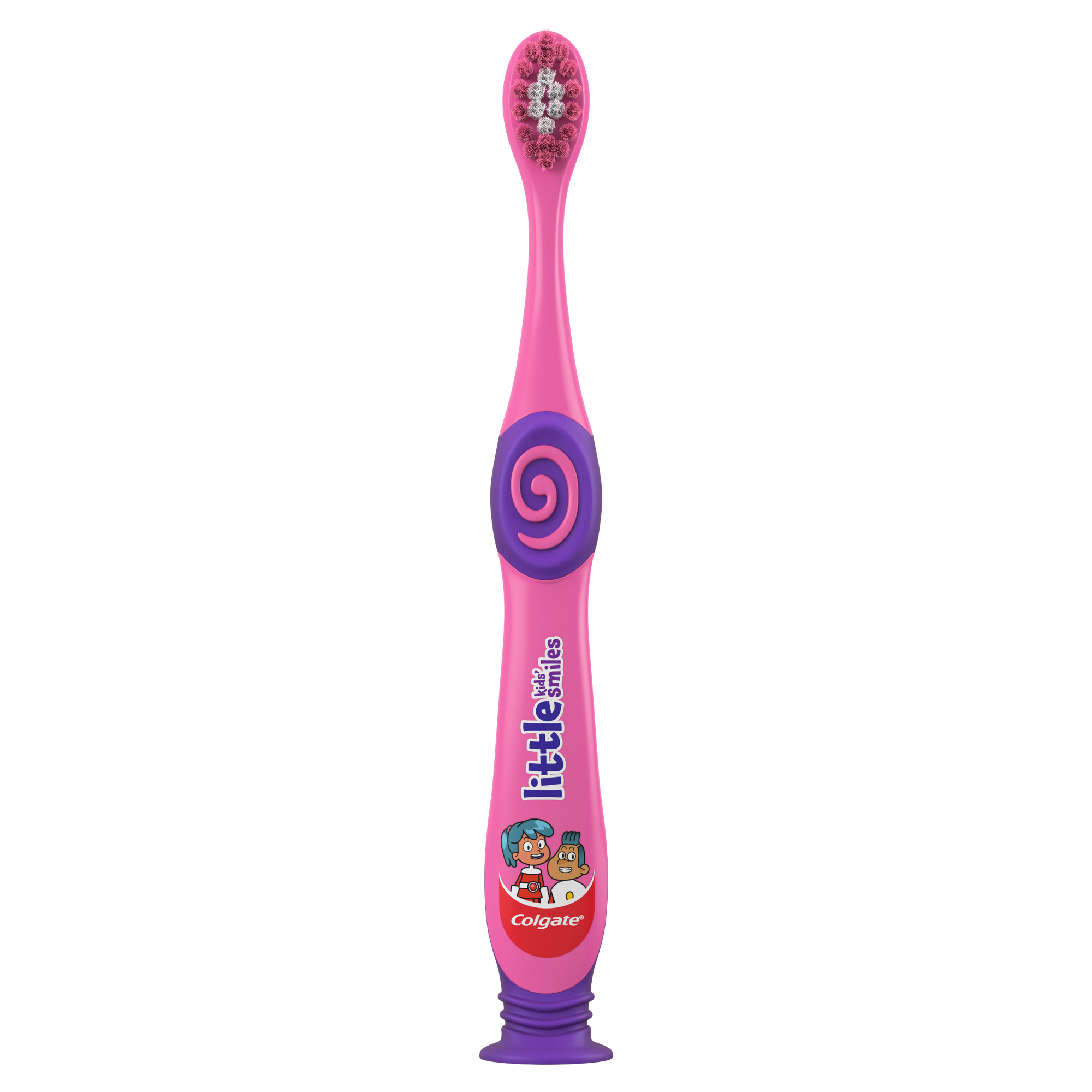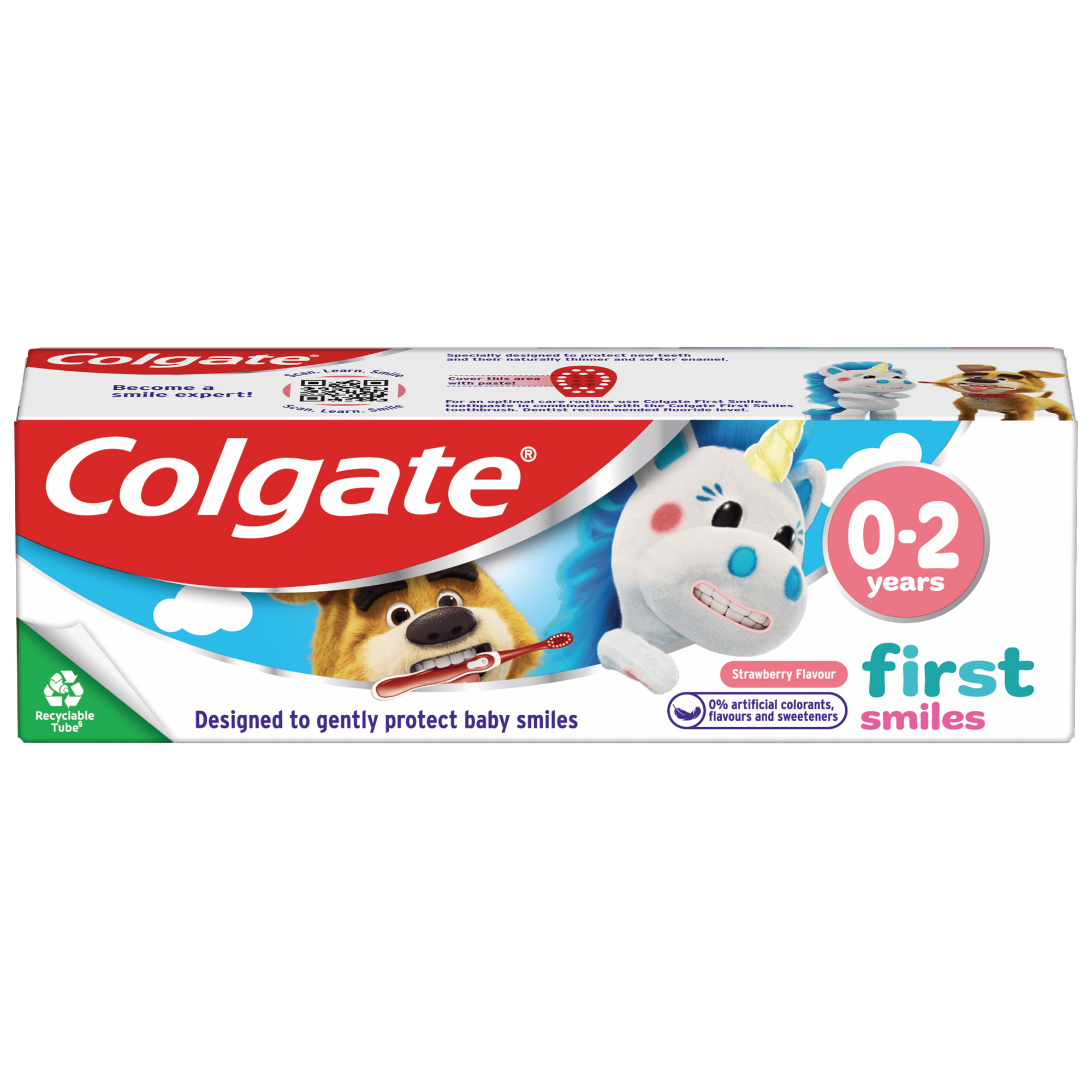What causes bleeding gums in children?
Bleeding gums or swollen gums in kids can be caused by several factors linked to how they brush their teeth. They may be:
Brushing their teeth too hard
Using a hard-bristled toothbrush or a toothbrush that is too big for their mouth
Using an incorrect flossing method that is hurting their gums
However, bleeding gums is most commonly a sign of gingivitis, which is caused by poor oral hygiene. If your child’s gums look red, puffy or swollen and bleed easily when touched or prodded, it’s likely they have the common gum condition.
What is gingivitis?
Gingivitis is the early stage of gum disease, it’s usually caused by poor oral hygiene but other contributing factors can be injury to the gums, poor diet, stress or a weakened immune system. Gingivitis in children causes inflammation of the gums due to a build-up of plaque and tartar along the gumline, you may also notice your child has bad breath. If left, it will progress into periodontitis or severe gum disease, so if you notice your child’s gums bleed when they brush their teeth, it’s important you take them to the dentist as soon as possible.
Treating and preventing bleeding gums in children
The best way to prevent bleeding gums in children is to make sure they have a great oral care routine as early as possible.
Make sure your child is brushing their teeth twice a day for two minutes each time, using a soft-bristled toothbrush and a fluoride toothpaste made for little mouths.
Get them to floss between their teeth as soon as they’re old enough, cleaning between teeth is equally important as cleaning the visible surfaces.
Older children can also learn to use mouthwash after meals to remove food particles and plaque bacteria.
Make sure they eat a healthy, balanced diet and only get sugary and acidic foods as an occasional treat.
You should also get your child registered with a dentist when they’re young and take them for regular check-ups and professional teeth cleaning.
By following these steps and improving your child’s oral hygiene routine, you should quickly see an improvement in bleeding gums, swollen gums and gingivitis in children. Always consult a dentist if you have any concerns about your child’s oral health and keep their smiles healthy and happy!
This article is intended to promote understanding of and knowledge about general oral health topics. It is not intended to be a substitute for professional advice, diagnosis or treatment. Always seek the advice of your dentist or other qualified healthcare provider with any questions you may have regarding a medical condition or treatment.
ORAL HEALTH QUIZ
What's behind your smile?
Take our Oral Health assessment to get the most from your oral care routine
ORAL HEALTH QUIZ
What's behind your smile?
Take our Oral Health assessment to get the most from your oral care routine





